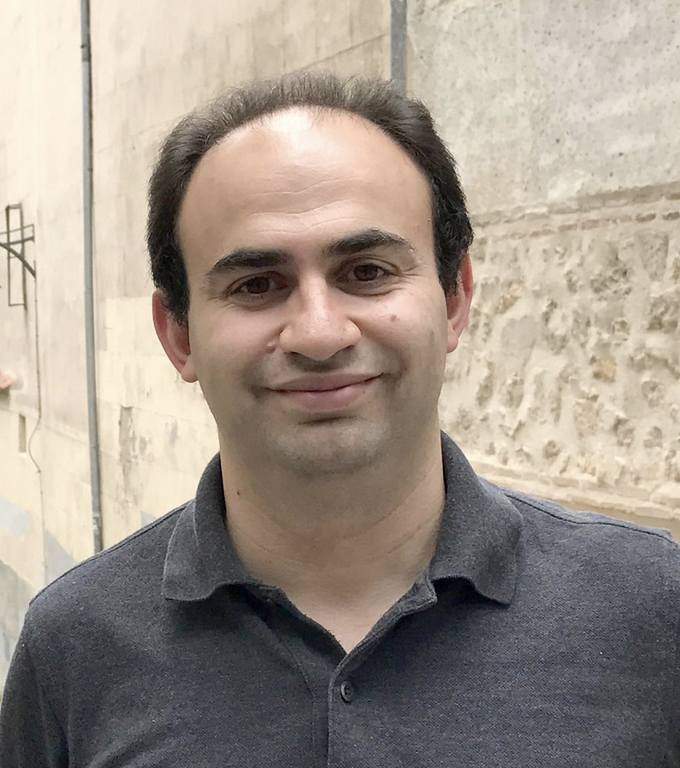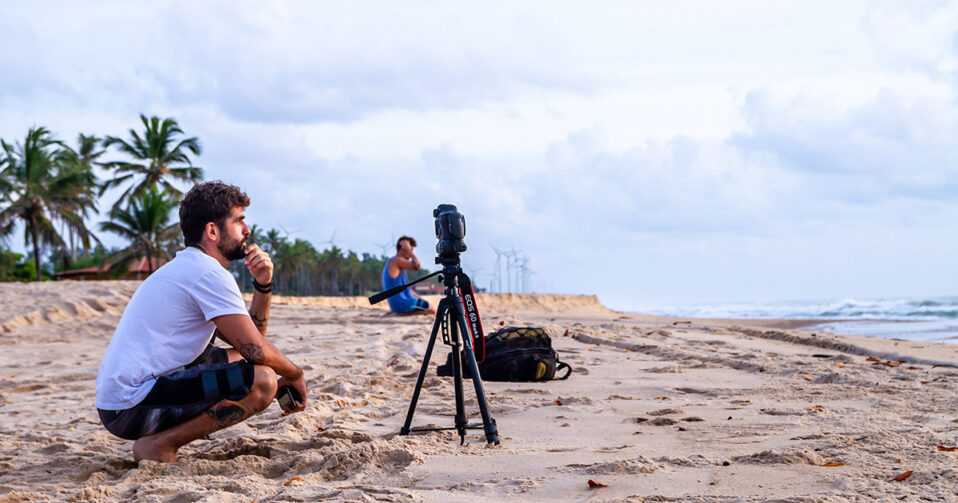Presented by Sasha Senderovich
Click here to register for this event.
Click here to purchase a copy of How the Soviet Jew Was Made.
In his new book, How the Soviet Jew Was Made, Sasha Senderovich offers an interpretation of postrevolutionary Russian and Yiddish literature and film that recast the Soviet Jew as a novel cultural figure: an ambivalent character navigating between the Jewish past and Bolshevik modernity.
After the revolution of 1917, Jews who had previously lived in the Russian Empire’s Pale of Settlement quickly exited the shtetls, seeking prospects elsewhere. Some left for bigger cities in different parts of the new Bolshevik state, others for Europe, America, or Palestine. Thousands tried their luck in the newly established Jewish Autonomous Region in the Far East, where urban merchants would become tillers of the soil. For these Jews, Soviet modernity meant the possibility of the new, and the pressure to discard old ways of life.
In insightful readings of Yiddish and Russian literature, films, and reportage, Senderovich finds characters traversing space and history and carrying with them the dislodged practices and archetypes of a lost Jewish world. Senderovich urges us to see the Soviet Jew anew, as a particular kind of liminal being navigating a shifting landscape.
Sasha Senderovich is an assistant professor in Slavic languages and literatures at the Jackson School of International Studies, and a faculty affiliate at the Stroum Center for Jewish Studies at the University of Washington in Seattle. Together with Harriet Murav, he translated, from the Yiddish, David Bergelson’s novel Judgment (Northwestern University Press, 2017) and is currently working on In the Shadow of the Holocaust: Short Fiction by Jewish Writers from the Soviet Union, a collection of stories translated from both Yiddish and Russian. His first monograph, How the Soviet Jew Was Made, was published by Harvard University Press in 2022. Senderovich has also published essays on literary, cultural, and political topics in the Los Angeles Review of Books, the New York Times, the Forward, Lilith, Jewish Currents, the Stranger, and the New Republic.
Co-presented by KlezCalifornia.
Program made possible, in part, by Lawrence and Helene Edelman.






